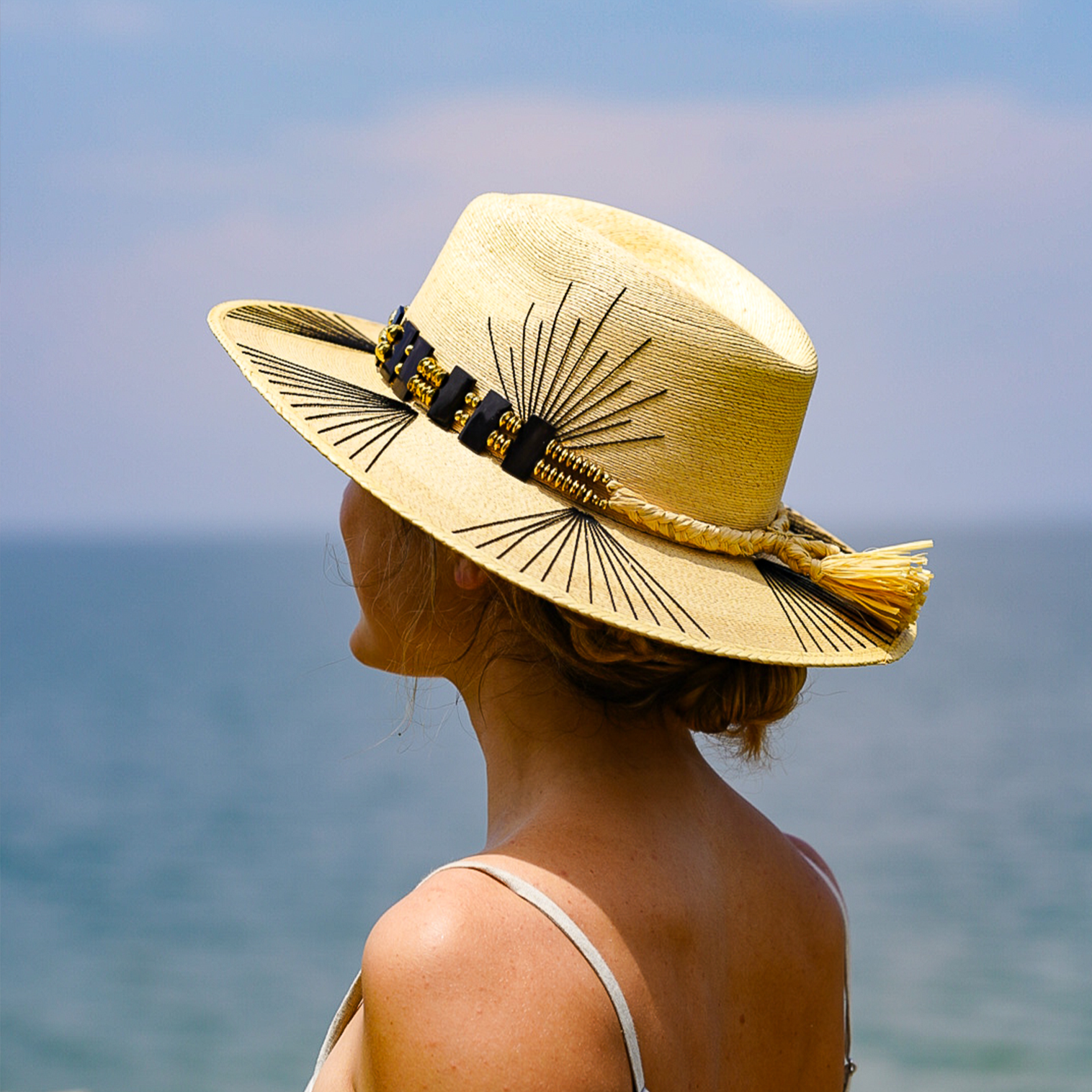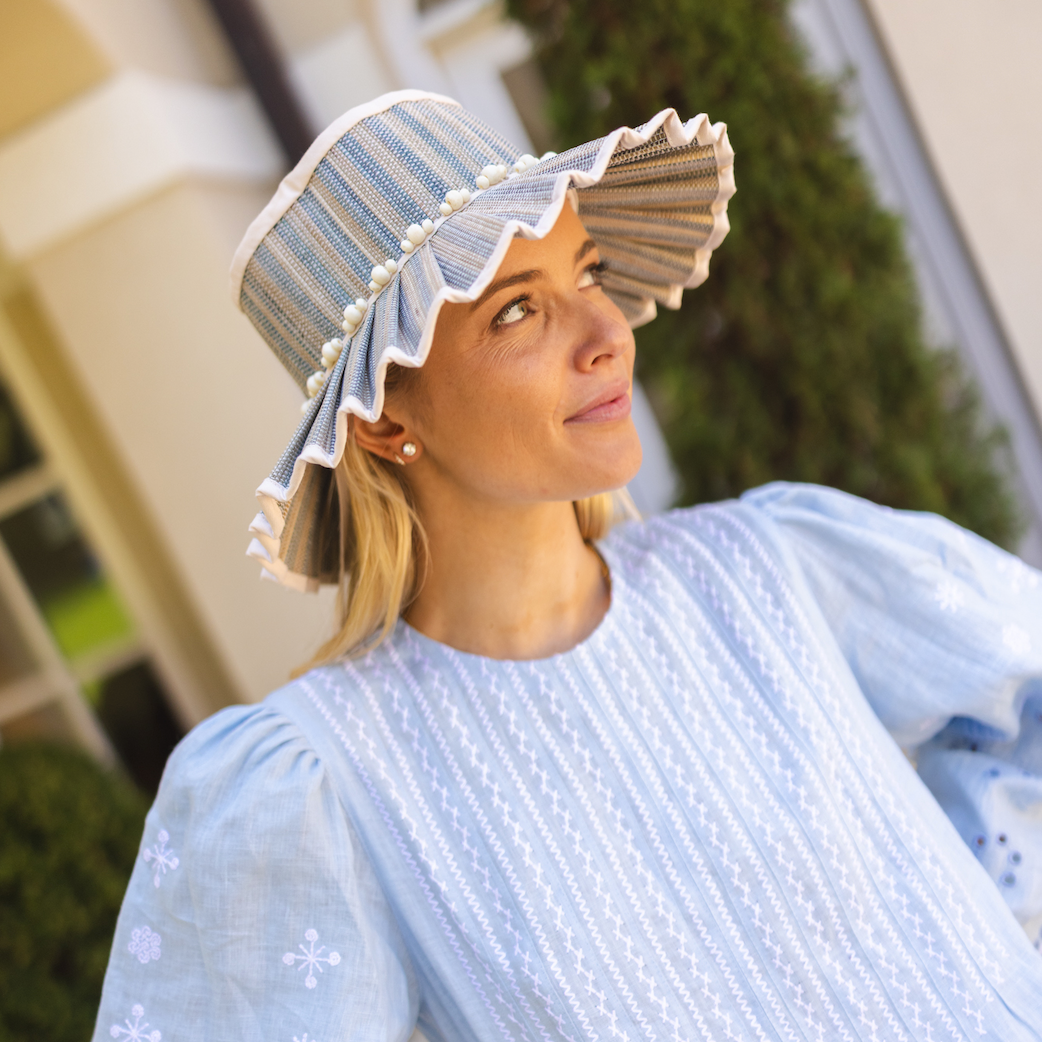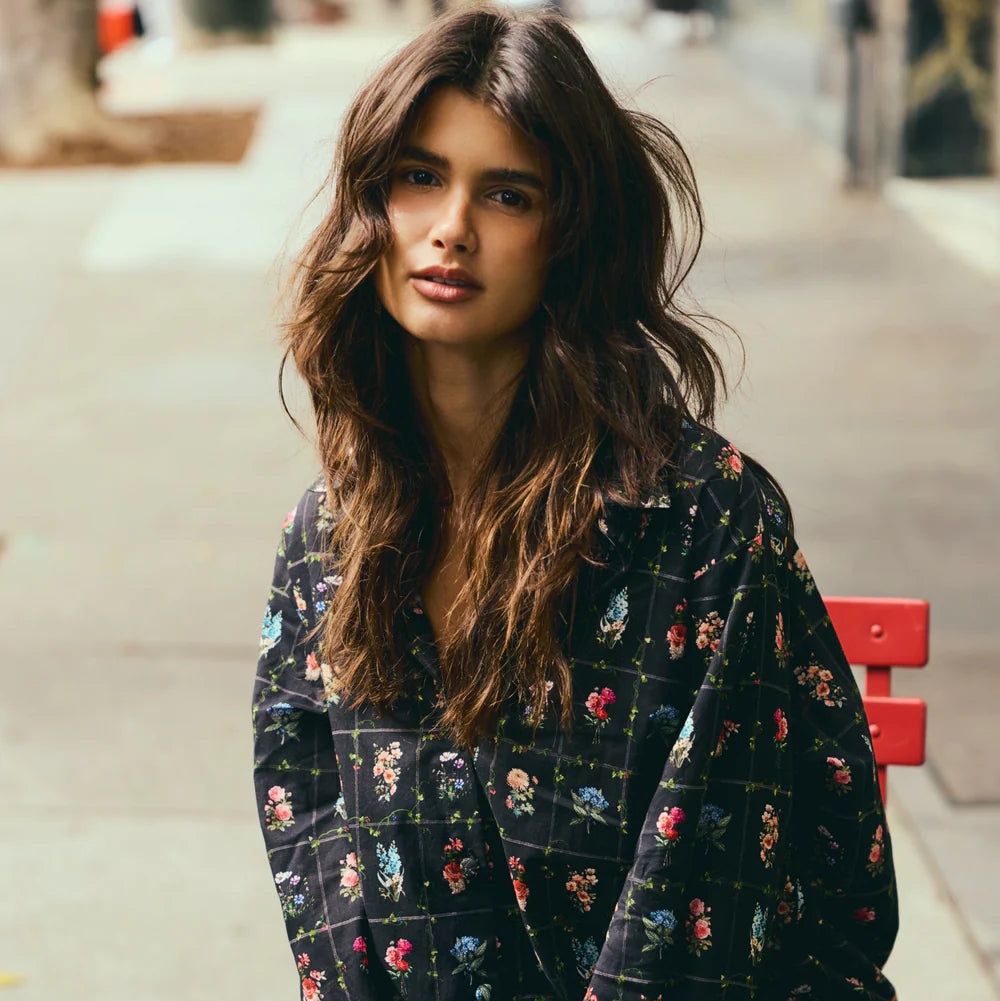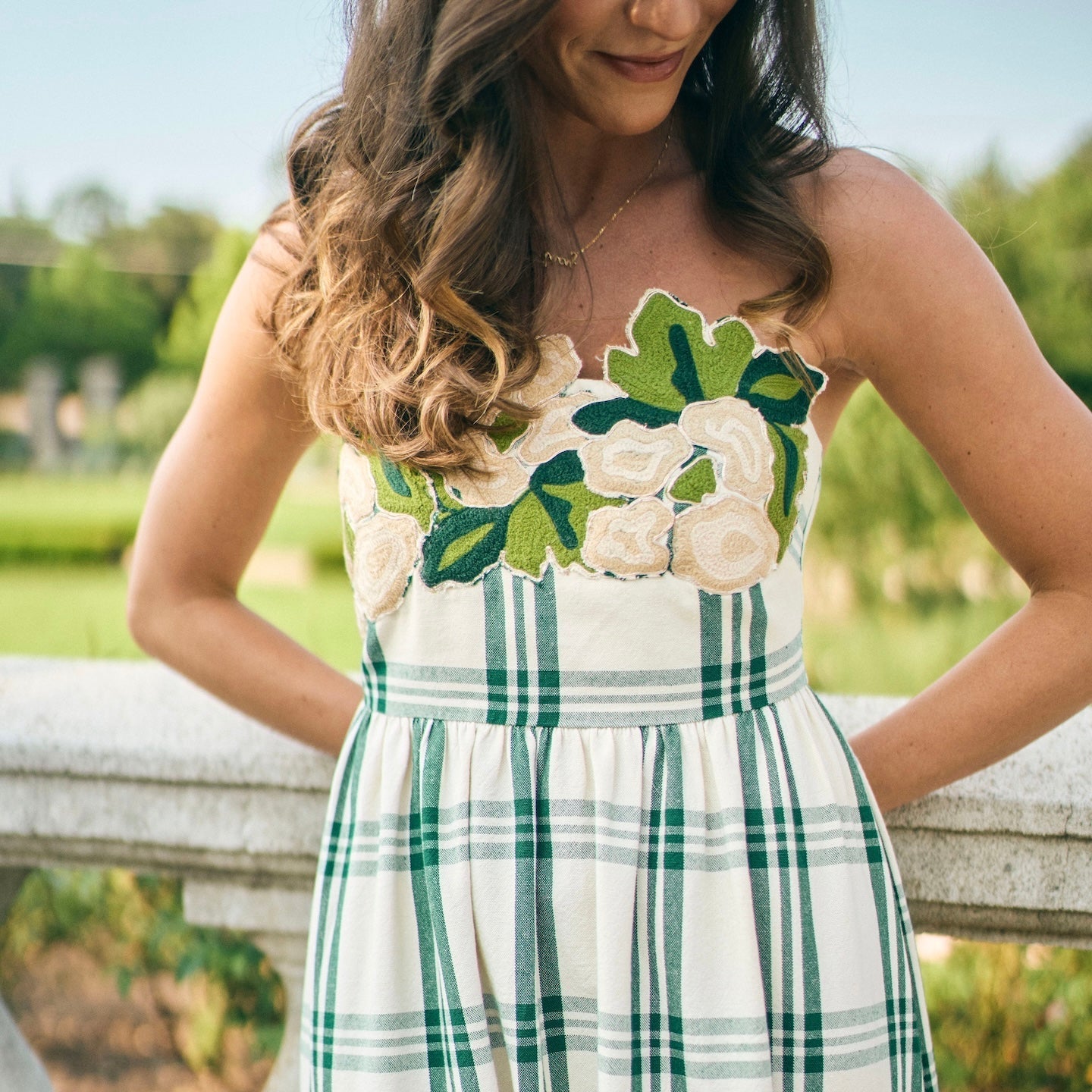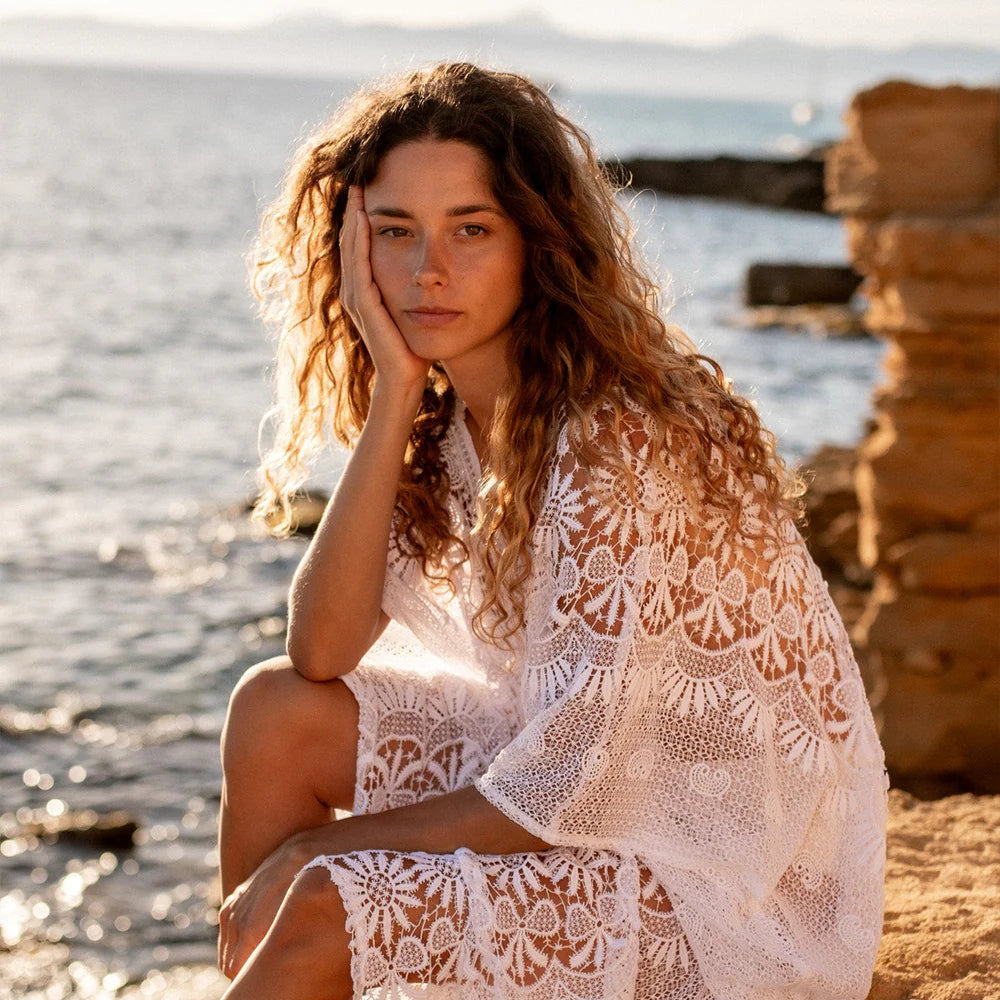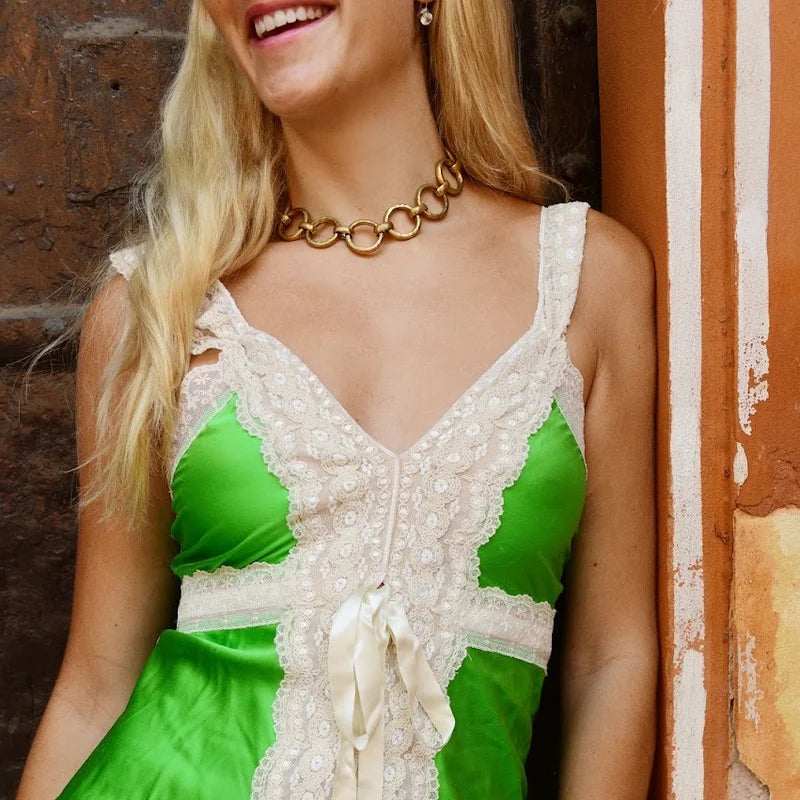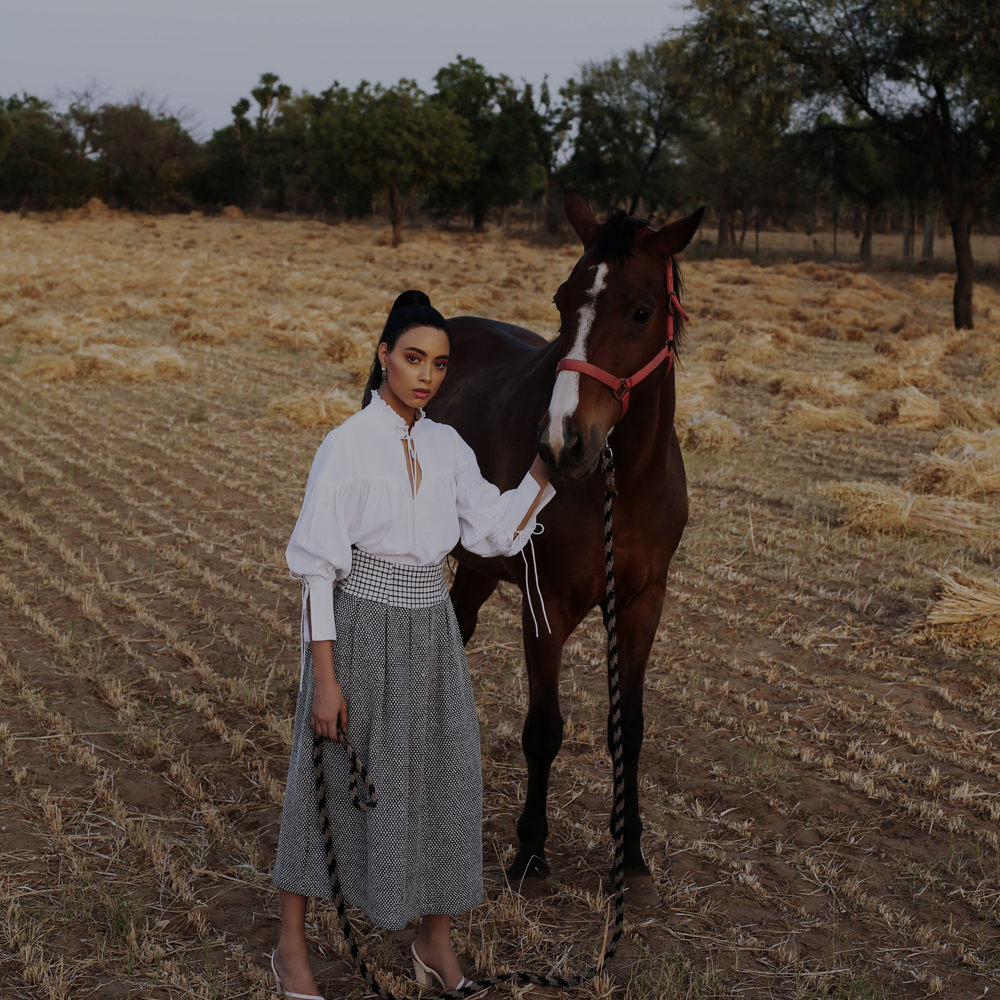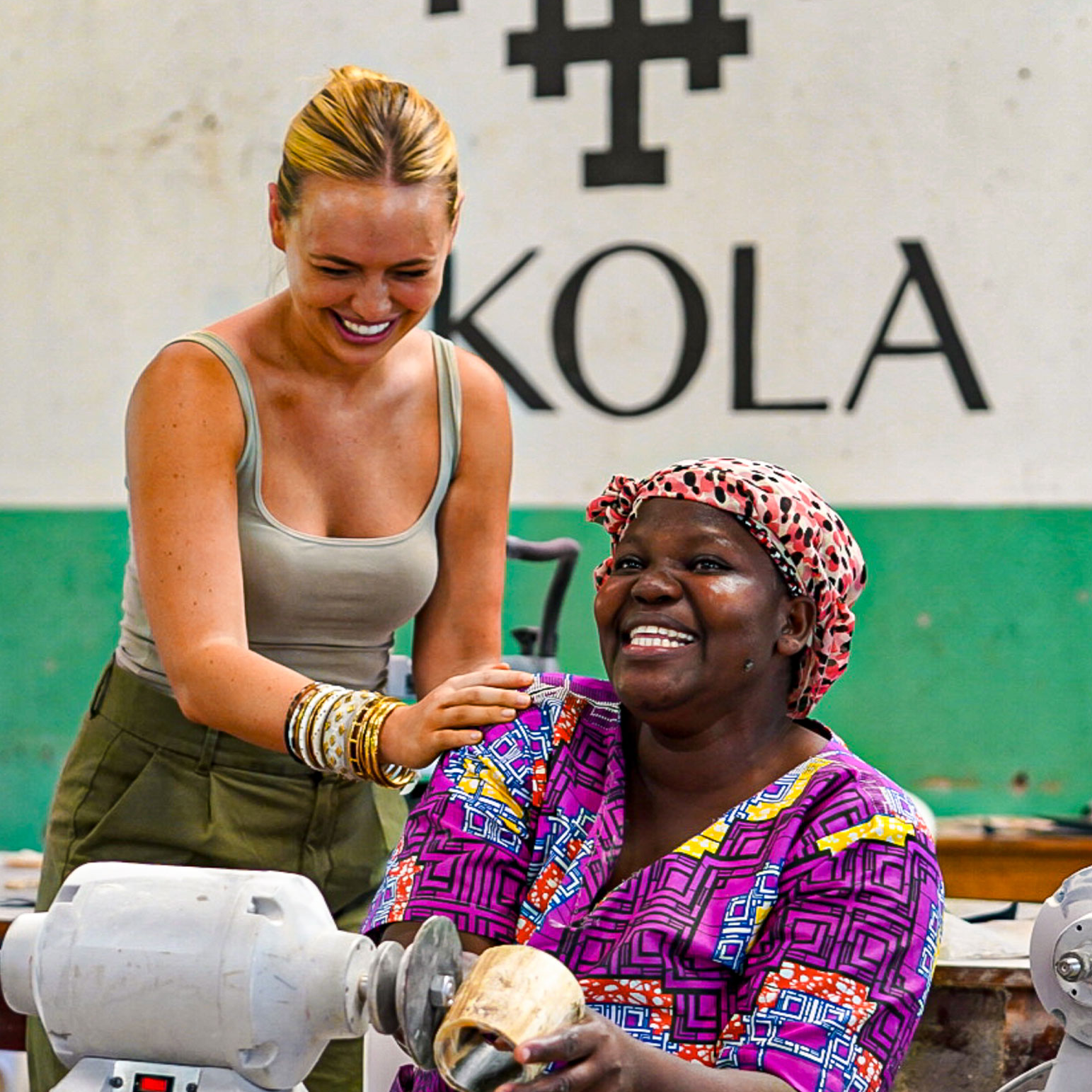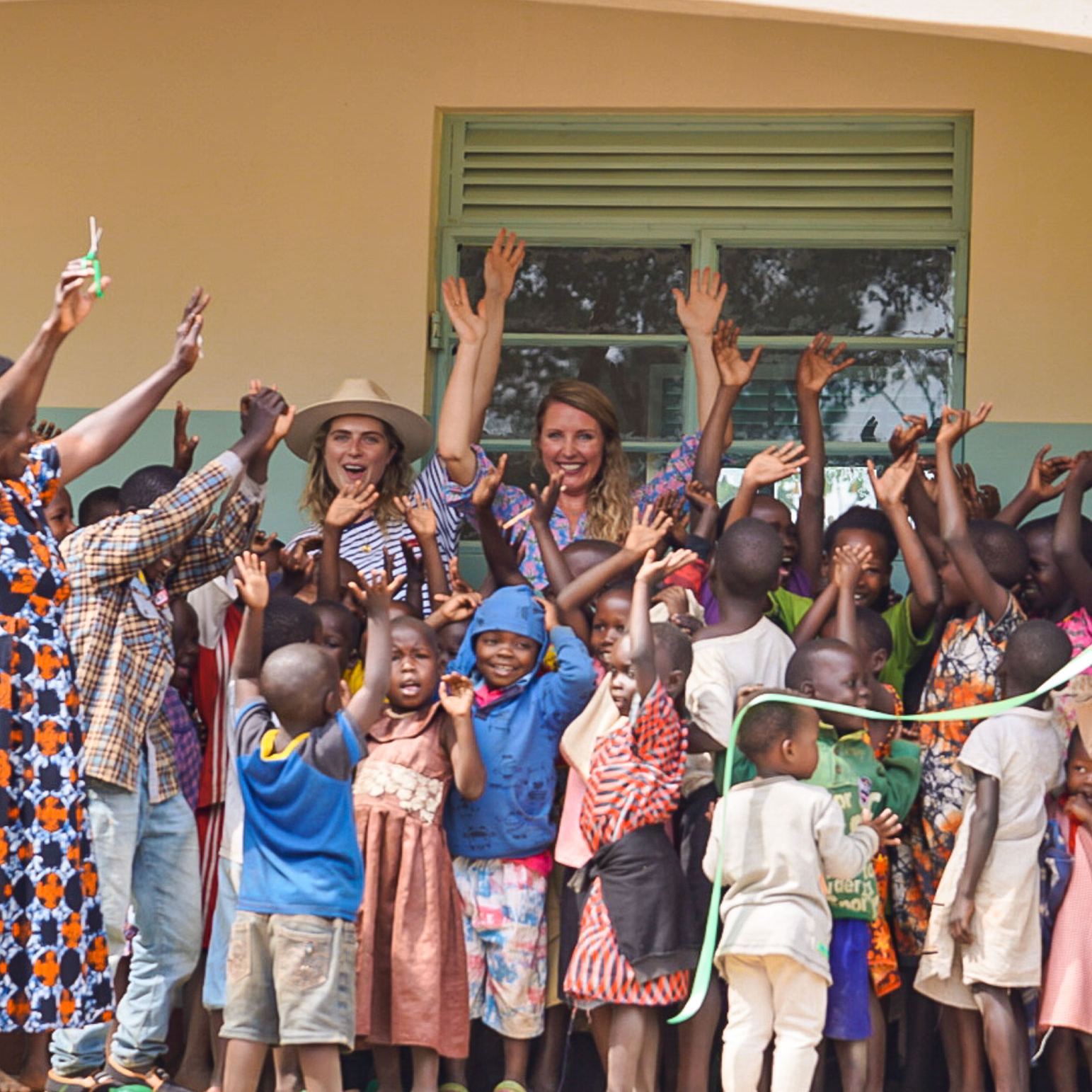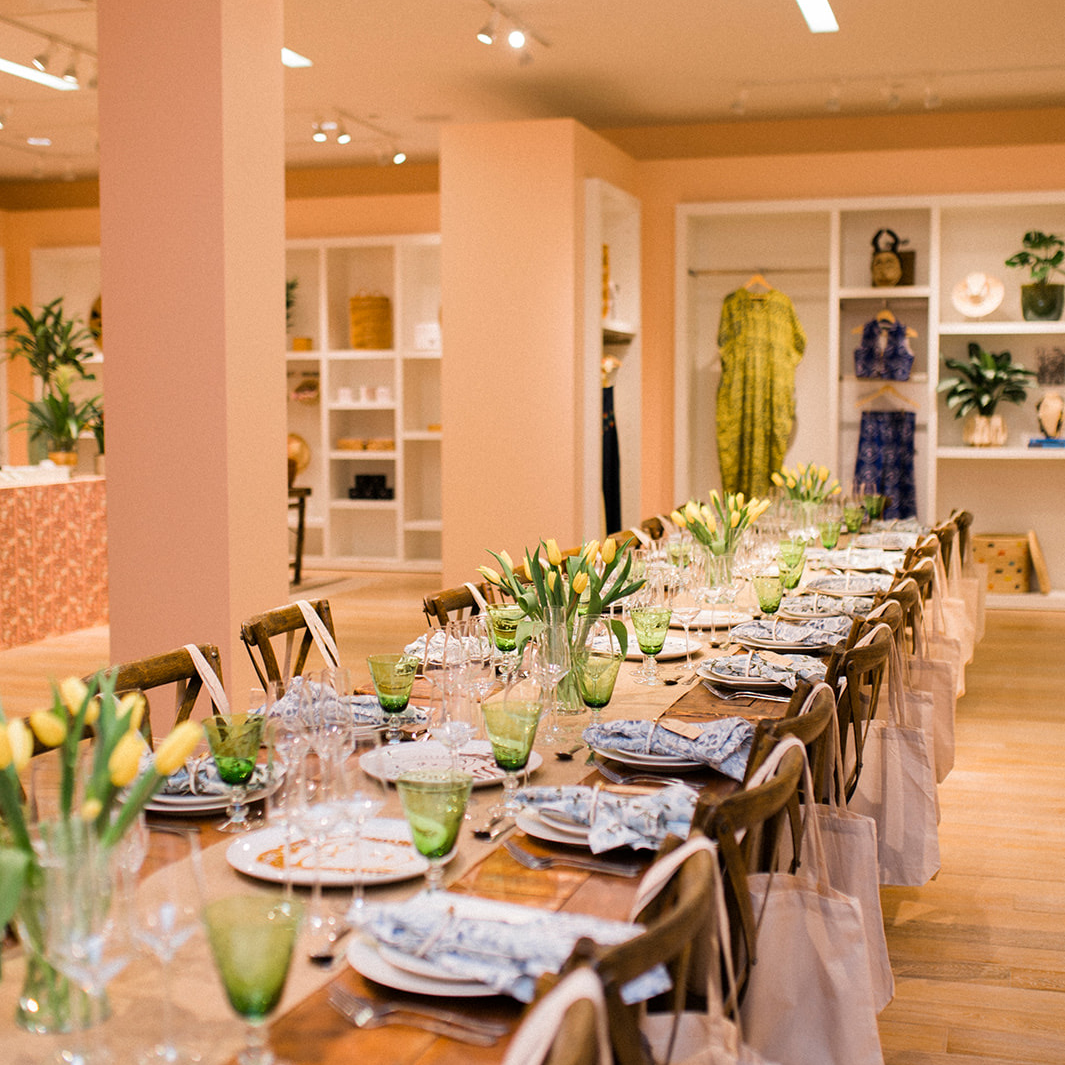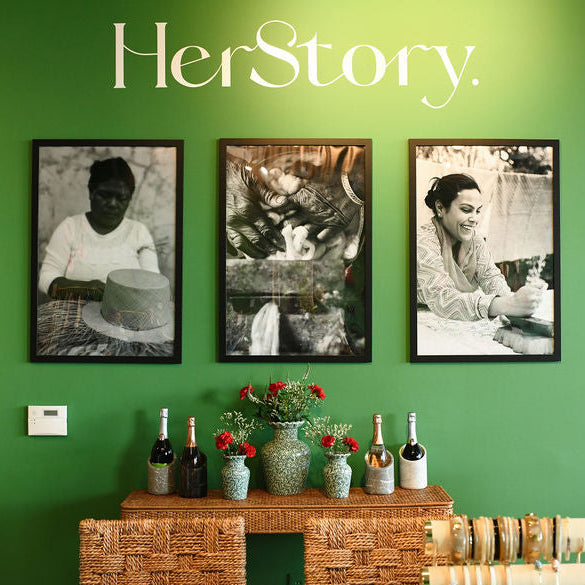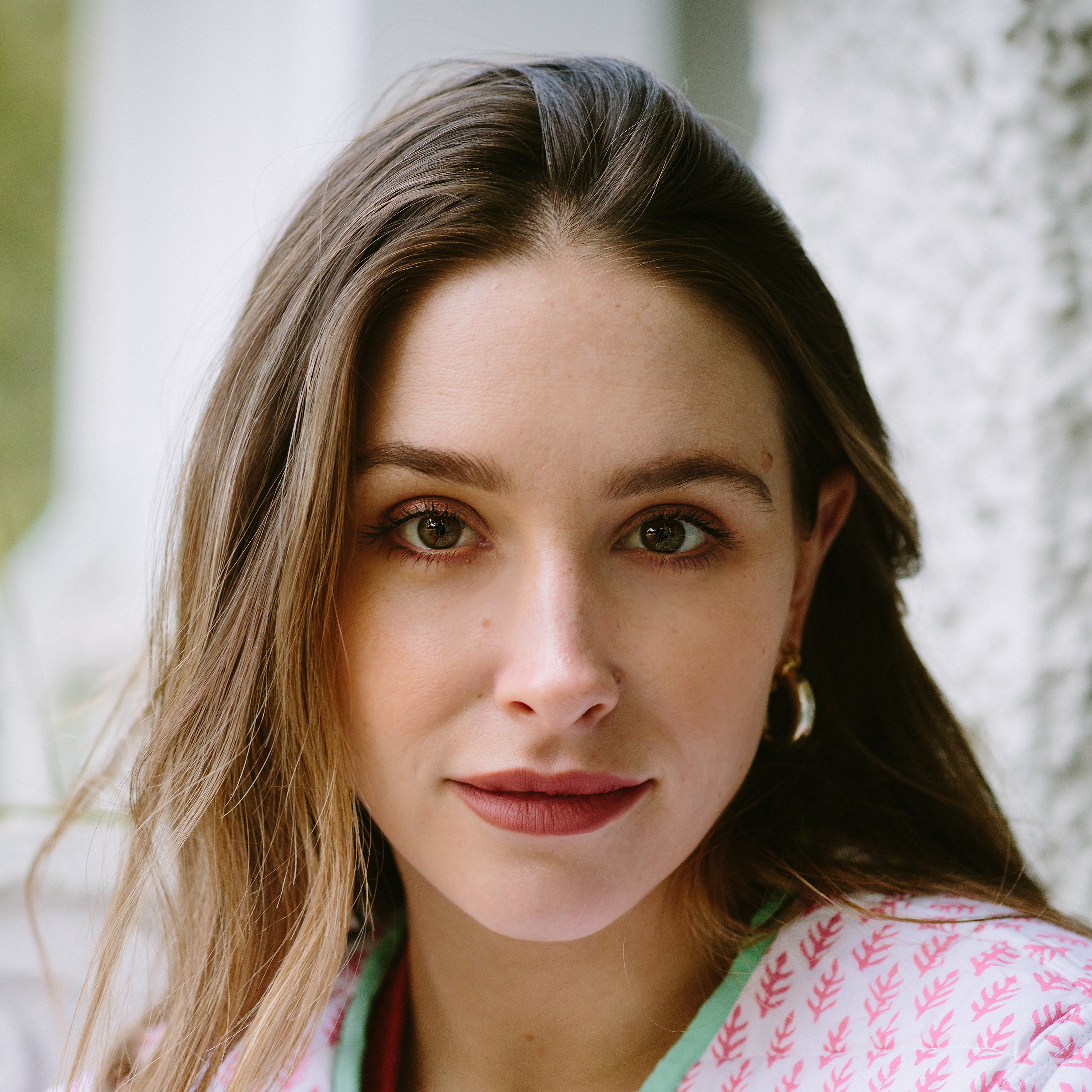Meet the women
Karen Young
HerStory
When I was young, my mother placed a ban on magazines in our home. Well, to be clear, she banned beauty magazines, we kept a monthly subscription to National Geographic. I’m inclined to think this was done intentionally to protect my impressionable mind—as a Caribbean immigrant she leaned towards books and the Bible as the cornerstones of my educational and emotional growth.
When launching OUI (the People) I looked through shaving ads from the ’50s onward to get a sense of the language they used. It all boiled down to one message. “You’re not loveable” if you don’t…
I almost wrote it off, it was the ‘50s after all, until I saw modern brands using similar language. Why are we still selling products to women under flawless, anti-aging, and perfecting? It reads, quite literally, as antiquated.
A recent search on a major beauty website returned 1,766 products with the term "anti-aging", 524 with "flawless", and 1,665 with "perfect". Every one of those products fell under the women’s beauty category.
The Origin
With OUI the People came a mission: The reConstitution of Beauty is our commitment to “watch our language”. No brand is just a brand. Clearly. Brands inform culture and language, as beauty has done for decades. We believe beauty shouldn’t come at the expense of our psyche. Rather than pursuing flawlessness, we aim to build efficacious products, designed thoughtfully, that help you feel great in the skin you’re already in.
As to the name change? Well, we’ve had a community of non-binary customers sharing their love of OUI since our launch in 2015. We’ve changed our name to reflect the People because your most intimate experiences with beauty should feel like you've been seen.
<div class="dynamic-checkout__content" id="dynamic-checkout-cart" data-shopify="dynamic-checkout-cart"> <shopify-accelerated-checkout-cart wallet-configs="[{"supports_subs":true,"supports_def_opts":false,"name":"shop_pay","wallet_params":{"shopId":55424876724,"merchantName":"Herstory","personalized":true}},{"supports_subs":false,"supports_def_opts":false,"name":"amazon_pay","wallet_params":{"checkoutLanguage":"en_US","ledgerCurrency":"USD","placement":"Cart","sandbox":false,"merchantId":"A2N7TBOBK2VVMO","productType":"PayAndShip","design":"C0002"}},{"supports_subs":true,"supports_def_opts":false,"name":"paypal","wallet_params":{"shopId":55424876724,"countryCode":"US","merchantName":"Herstory","phoneRequired":true,"companyRequired":false,"shippingType":"shipping","shopifyPaymentsEnabled":true,"hasManagedSellingPlanState":false,"requiresBillingAgreement":false,"merchantId":"VS8S27BF2WNUU","sdkUrl":"https://www.paypal.com/sdk/js?components=buttons\u0026commit=false\u0026currency=USD\u0026locale=en_US\u0026client-id=AbasDhzlU0HbpiStJiN1KRJ_cNJJ7xYBip7JJoMO0GQpLi8ePNgdbLXkC7_KMeyTg8tnAKW4WKrh9qmf\u0026merchant-id=VS8S27BF2WNUU\u0026intent=authorize"}}]" access-token="9013521617d17b109fdeac6b6cdb1308" buyer-country="US" buyer-locale="en" buyer-currency="USD" shop-id="55424876724" cart-id="06362e85afb219e61bfddb3938bf308f" enabled-flags="["d6d12da0"]" > <div class="wallet-button-wrapper"> <ul class='wallet-cart-grid wallet-cart-grid--skeleton' role="list" data-shopify-buttoncontainer="true"> <li data-testid='grid-cell' class='wallet-cart-button-container'><div class='wallet-cart-button wallet-cart-button__skeleton' role='button' disabled aria-hidden='true'> </div></li><li data-testid='grid-cell' class='wallet-cart-button-container'><div class='wallet-cart-button wallet-cart-button__skeleton' role='button' disabled aria-hidden='true'> </div></li><li data-testid='grid-cell' class='wallet-cart-button-container'><div class='wallet-cart-button wallet-cart-button__skeleton' role='button' disabled aria-hidden='true'> </div></li> </ul> </div> </shopify-accelerated-checkout-cart> <small id="shopify-buyer-consent" class="hidden" aria-hidden="true" data-consent-type="subscription"> One or more of the items in your cart is a recurring or deferred purchase. By continuing, I agree to the <span id="shopify-subscription-policy-button">cancellation policy</span> and authorize you to charge my payment method at the prices, frequency and dates listed on this page until my order is fulfilled or I cancel, if permitted. </small> </div>

